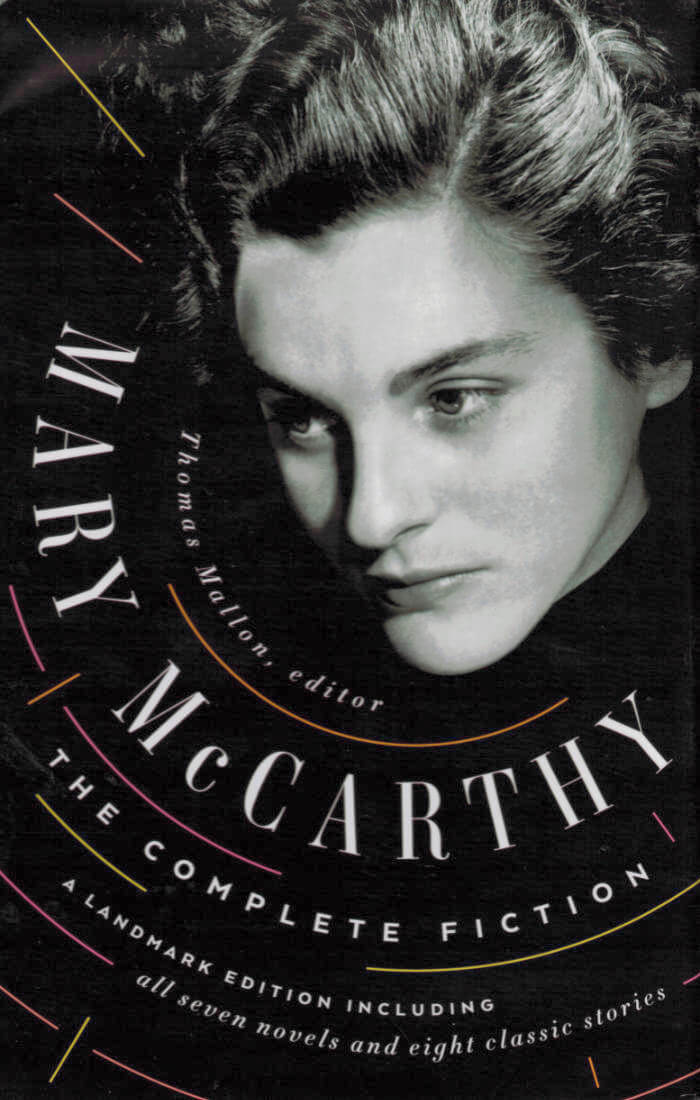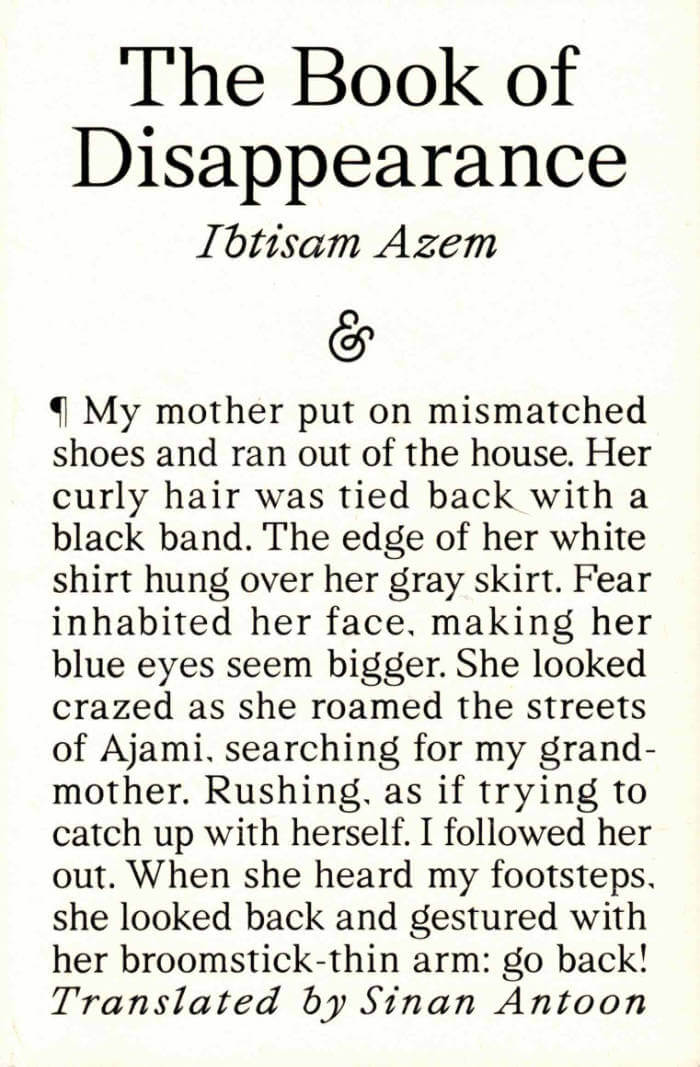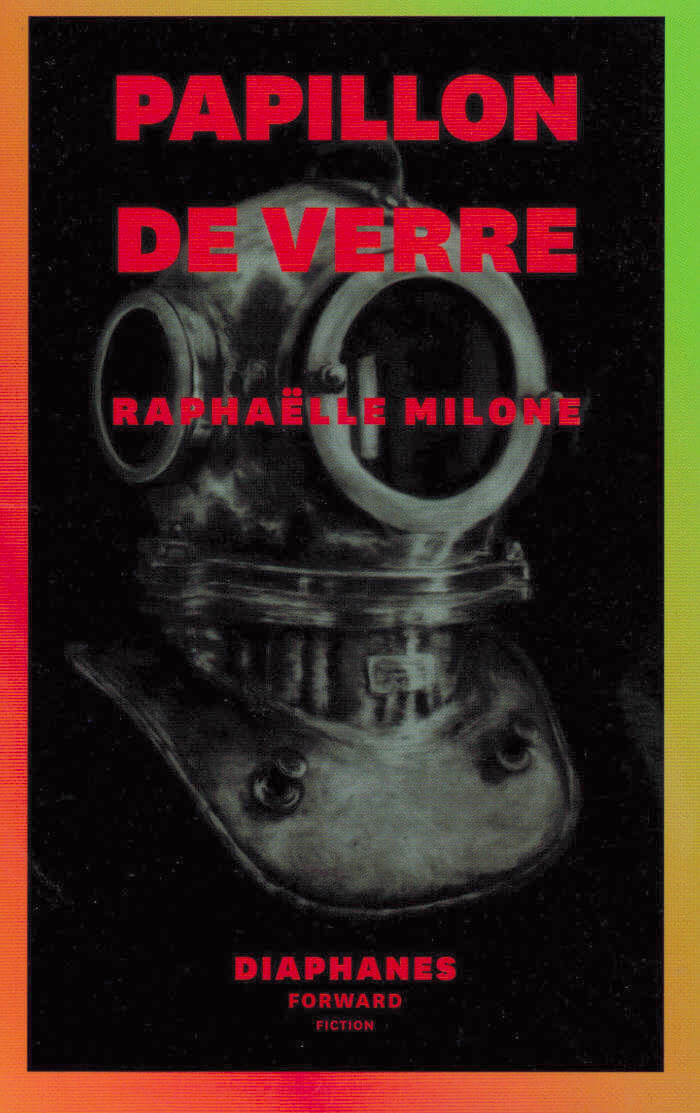
Mary McCarthy: The Complete Fiction
Seventy-five years ago Mary McCarthy provoked a scandal with her electrifying debut novel, The Company She Keeps (1942), announcing the arrival of a major new voice in American literature. A candid, thinly-veiled portrait of the late-1930s New York intellectual scene, its penetrating gaze and creative fusion of life and literature — mutual plagiarism, she called it—became the hallmark of McCarthy's fiction, which the Library of America now presents in full for the first time in deluxe collector's edition.
The Oasis (1949), a wicked satire about a failed utopian community, and The Groves of Academe (1952), a pioneering campus novel depicting the insular and often absurd world of academia, burnished her reputation as an acerbic truth-teller, but it was with A Charmed Life (1955), a searing story of small-town infidelity, that McCarthy fully embraced the frank and avant-garde treatment of gender and sexuality that would inspire generations of readers and writers.
In McCarthy's most famous novel, The Group (1963), she depicts the lives of eight Vassar College graduates during the 1930s as they grapple with sex, sexism, money, motherhood, and family. McCarthy's final two novels— Birds of America (1971), a coming of age tale of 19-year-old Peter Levi, who travels to Europe during the 1960s, and Cannibals and Missionaries (1979), a thriller about a group of passengers taken hostage on an airplane by militant hijackers—are both concerned with the state of modern society, from the cross-currents of radical social change to the psychology of terrorism.
Also included are all eight of McCarthy's short stories, four from her collection Cast a Cold Eye (1950), and four collected here for the first time. As a special feature, the second volume contains McCarthy's 1979 essay The Novels that Got Away, on her unfinished fiction.




